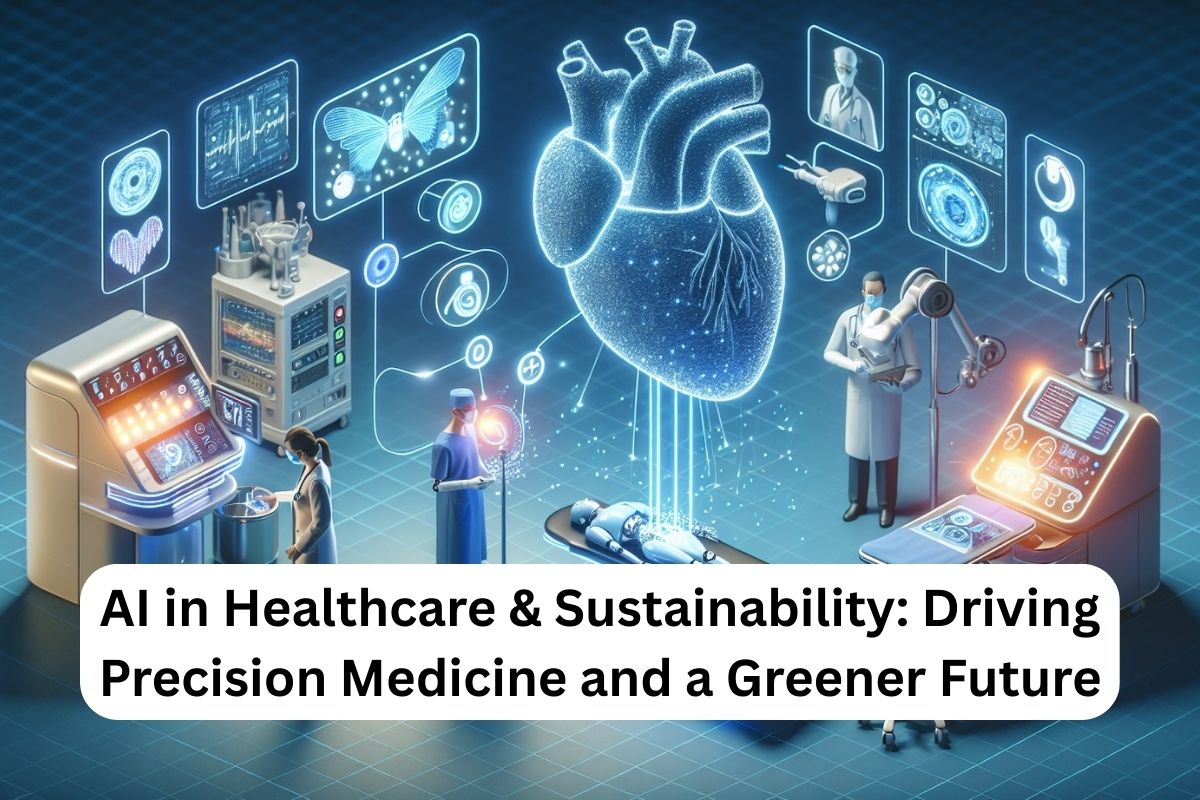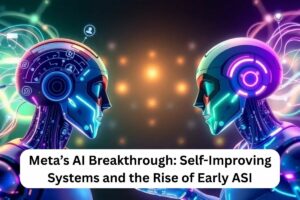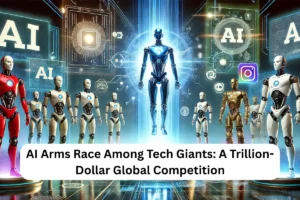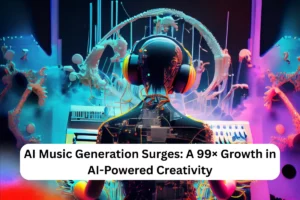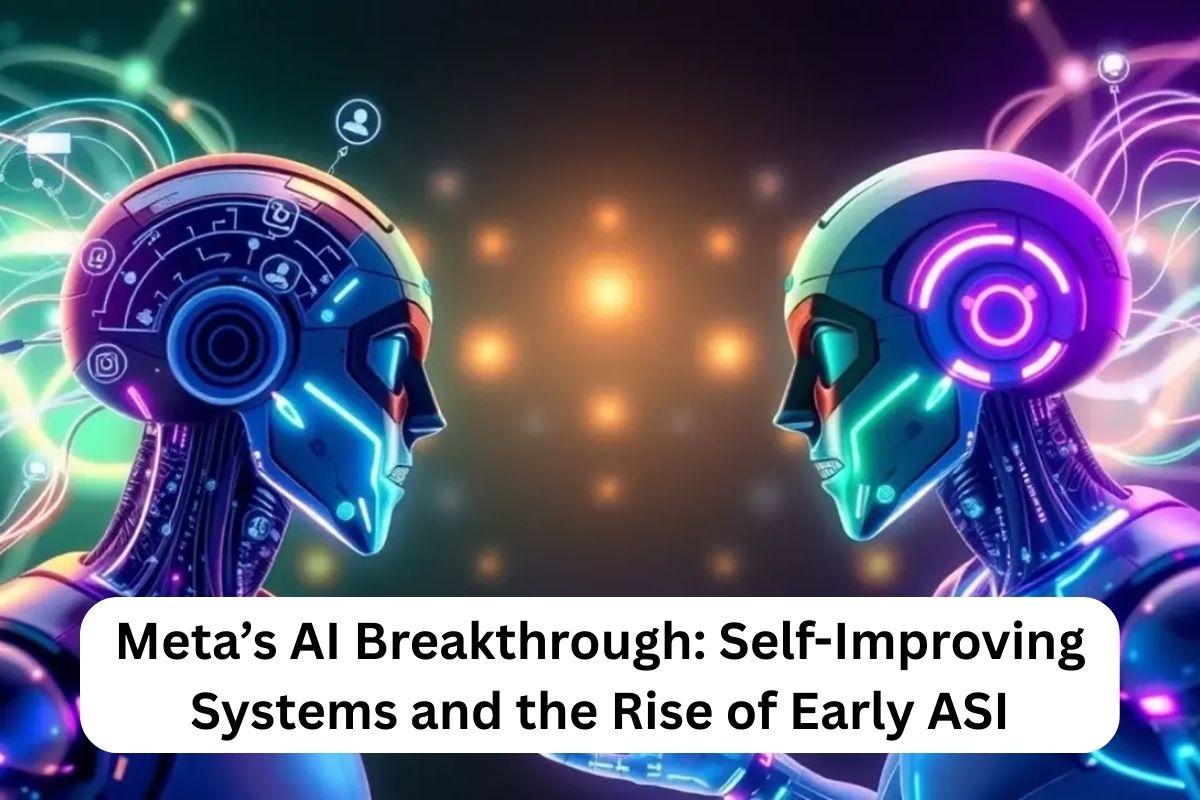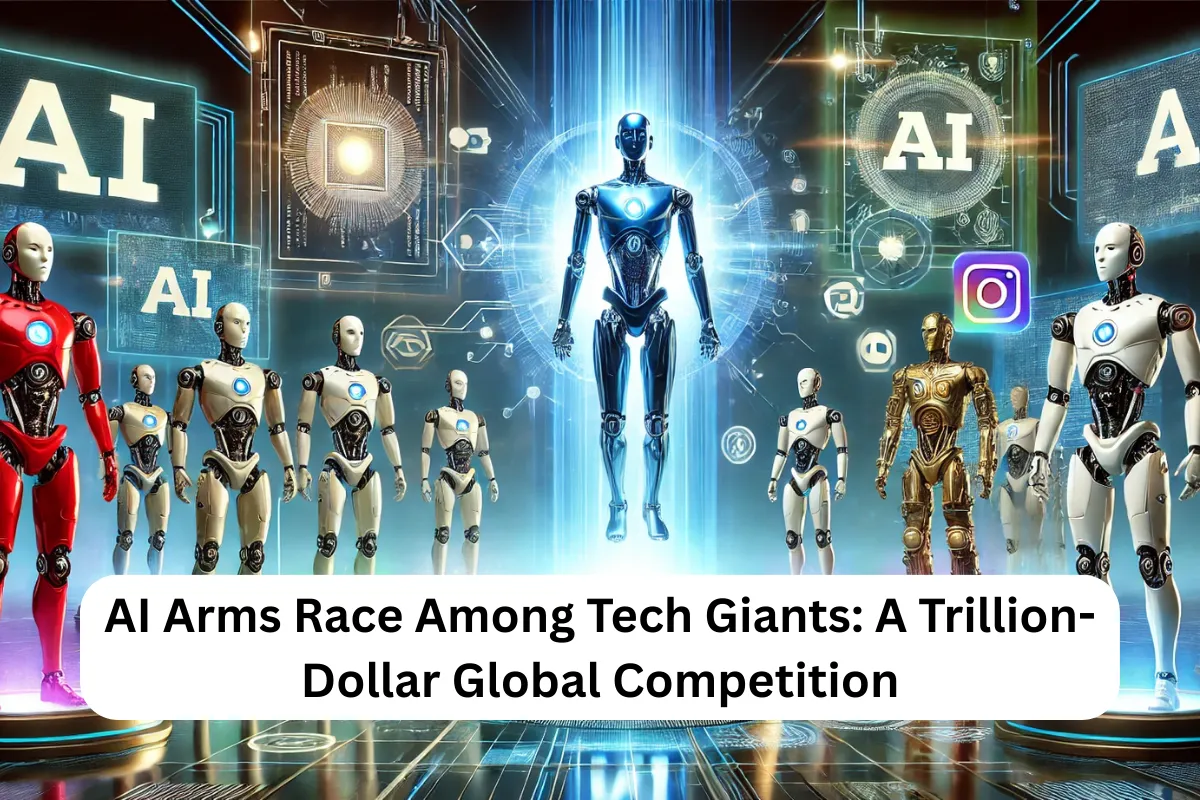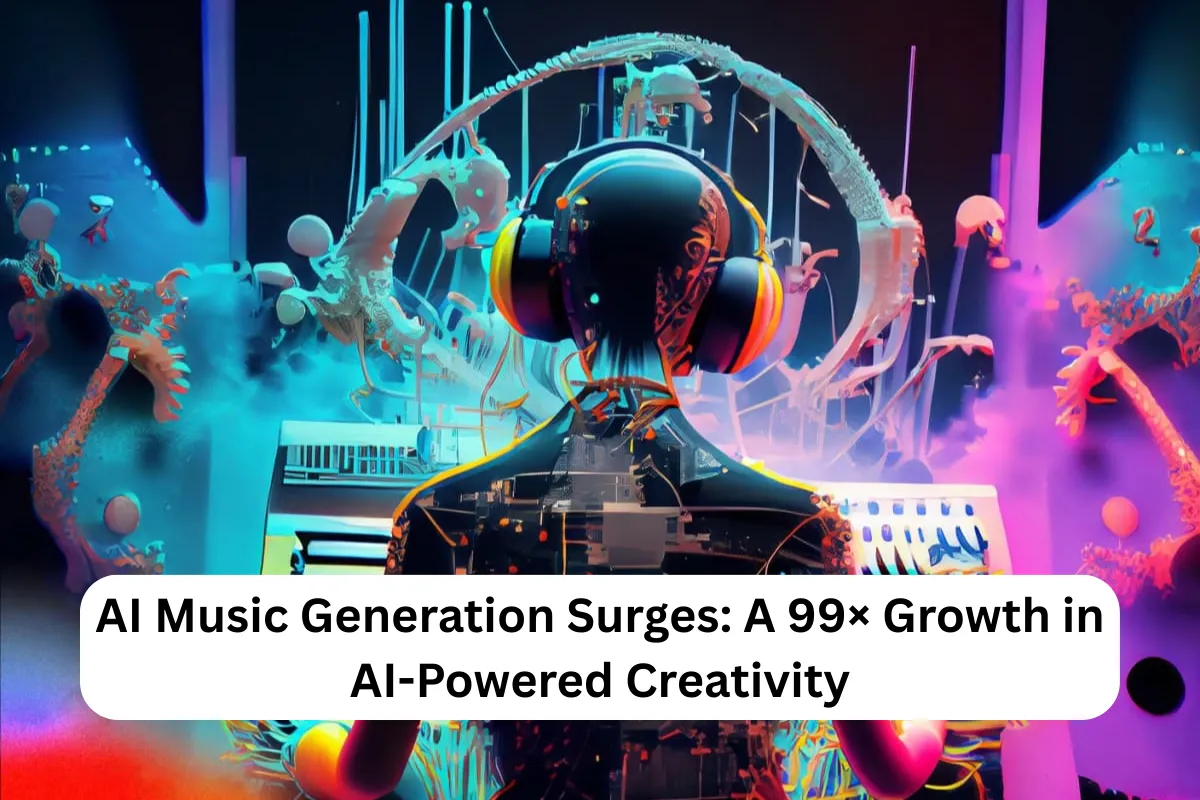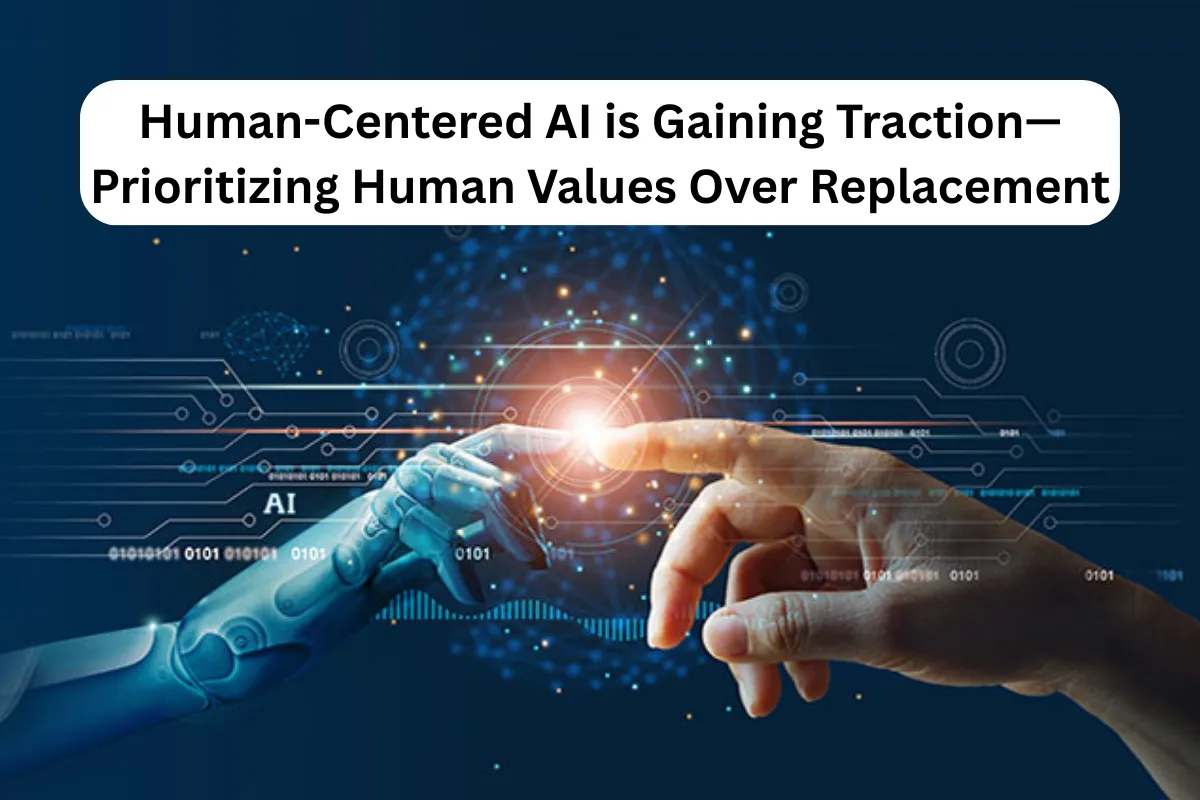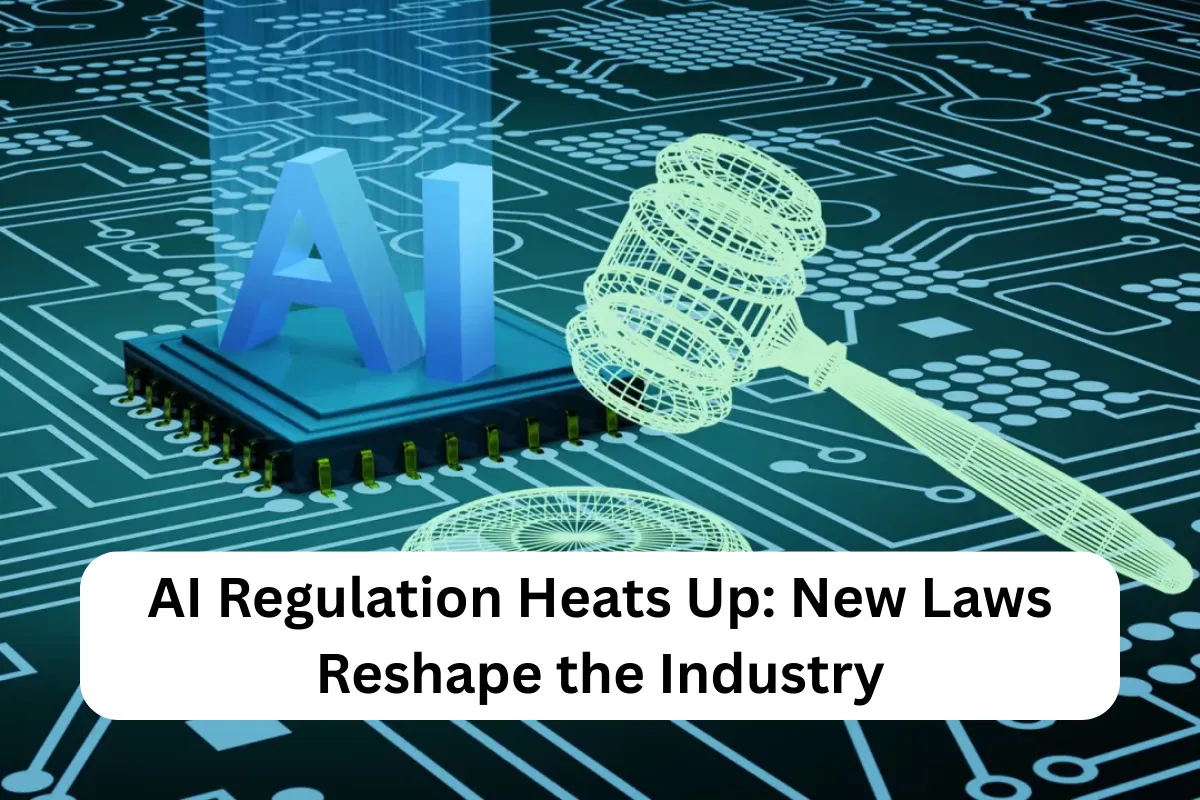Artificial intelligence (AI) is no longer just about powering chatbots or automating routine tasks—it is reshaping some of the world’s most critical sectors. Two areas where AI is creating groundbreaking impact are healthcare and sustainability.
In healthcare, AI enhances precision medicine, supports early disease detection, and assists doctors in making data-driven decisions. Meanwhile, in sustainability, AI plays a pivotal role in energy optimization, environmental monitoring, and reducing carbon footprints.
By bridging these two vital domains, AI has the potential to create a healthier population and a greener planet.
AI in Healthcare: Precision Medicine & Early Disease Detection
Healthcare generates enormous amounts of data—from genetic sequencing to medical imaging. AI systems can analyze these datasets faster and more accurately than humans.
- Precision Medicine: AI helps tailor treatments to individual patients based on their genetic makeup, lifestyle, and health history. This personalization improves effectiveness while reducing side effects.
- Early Disease Detection: AI can detect diseases such as cancer, diabetes, or heart conditions at much earlier stages using advanced imaging analysis and predictive algorithms. Early detection saves lives and reduces healthcare costs.
- Clinical Decision Support: AI assists doctors by analyzing patient records and suggesting treatment options backed by data.
AI in Sustainability: Energy & Environmental Management
AI is also tackling climate change and resource management challenges. By integrating AI into sustainability efforts, industries and governments can monitor, manage, and reduce environmental impact.
- Energy Optimization: AI helps power grids become smarter, predicting demand and adjusting energy distribution efficiently.
- Renewable Integration: AI balances supply from solar and wind with energy demand, reducing reliance on fossil fuels.
- Environmental Monitoring: AI analyzes satellite data to track deforestation, air pollution, and water quality.
- Waste Reduction: Manufacturing and logistics industries use AI to optimize supply chains, minimizing resource waste.
Comparative Table: AI in Healthcare vs Sustainability
| Category | AI in Healthcare | AI in Sustainability |
|---|---|---|
| Primary Goal | Improve patient outcomes & reduce medical errors | Reduce environmental impact & optimize resources |
| Key Applications | Precision medicine, diagnostics, drug discovery | Energy optimization, pollution tracking, renewables |
| Data Sources | Patient records, imaging scans, genetic data | IoT sensors, satellite imagery, climate models |
| Impact | Saves lives, lowers costs, personalizes treatment | Lowers emissions, preserves ecosystems, saves energy |
| Examples | AI cancer detection tools, personalized therapies | Smart grids, AI for water management, air monitoring |
Benefits of AI in Healthcare & Sustainability
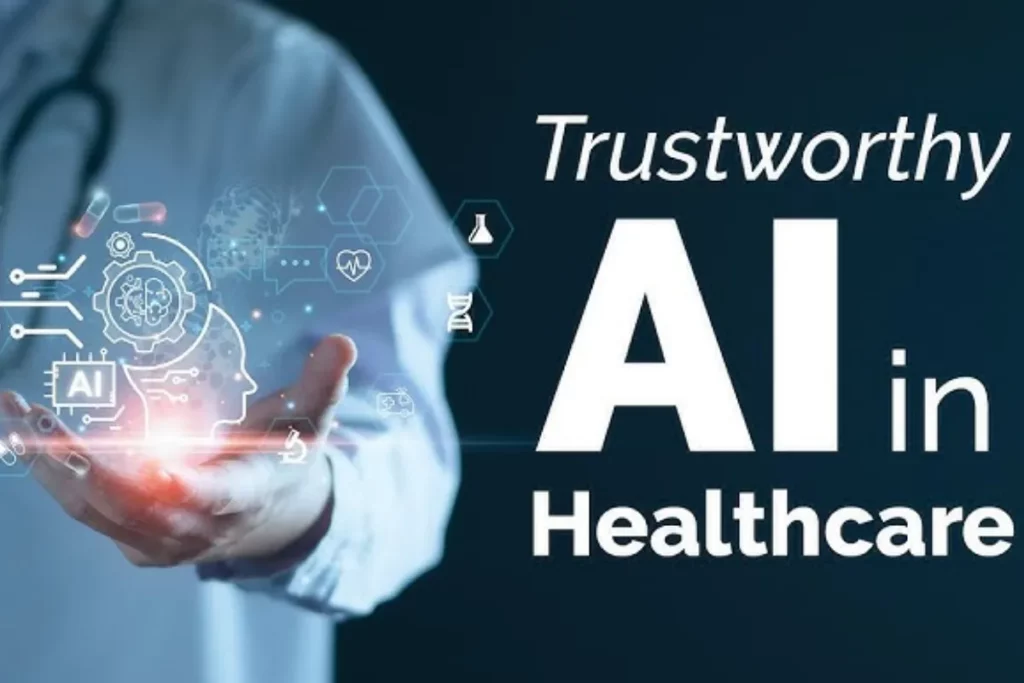
- Healthcare: Saves lives through early detection, reduces human error, and tailors treatments to patients.
- Sustainability: Reduces energy waste, helps fight climate change, and ensures more efficient use of resources.
- Combined Impact: When integrated, AI can improve public health while protecting the environment—for example, predicting disease outbreaks linked to environmental changes.
Challenges Ahead
Despite its benefits, AI adoption in these sectors faces challenges:
- Data Privacy: Medical and environmental data must be securely managed.
- Bias in AI Models: Incomplete or biased data can lead to inaccurate predictions.
- High Costs: Implementation of AI systems requires significant investment.
- Regulation: Proper frameworks are needed to ensure safe and ethical AI use.
The Future of AI in Healthcare & Sustainability
Looking forward, AI will become even more integrated into everyday healthcare and sustainability practices. From AI-powered home health monitoring to smart cities using AI for energy efficiency, the potential is vast. If adopted responsibly, AI could simultaneously improve human well-being and environmental resilience—two of the greatest challenges of our time.
AI is revolutionizing both healthcare and sustainability by enabling precision medicine, early disease detection, and smarter environmental management. As technology continues to evolve, its dual impact will not only improve patient outcomes but also ensure a greener, more sustainable planet. The key lies in adopting AI ethically, transparently, and inclusively to maximize benefits for society and the environment.
FAQs on AI in Healthcare & Sustainability
1. How does AI improve precision medicine?
AI analyzes patient genetics, lifestyle, and history to provide personalized treatment plans.
2. Can AI really detect diseases earlier than doctors?
Yes. AI tools analyze imaging and biomarkers, often spotting signs of disease before symptoms appear.
3. How is AI used in energy management?
AI predicts energy demand, balances renewable supply, and reduces energy waste in power grids.
4. Is AI important for fighting climate change?
Absolutely. AI monitors pollution, optimizes renewable energy, and supports eco-friendly innovations.
5. What are the risks of using AI in these fields?
Key risks include data privacy issues, bias in algorithms, high costs, and lack of clear regulations.
